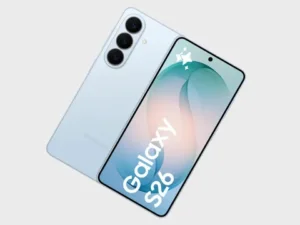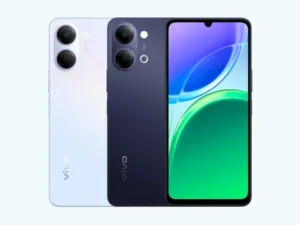Apple is shelving its planned Vision Pro redesign to accelerate the development of AI-centric smart glasses. This major strategic pivot follows the headset’s underwhelming reception and the rise of competition from Meta. Apple is now betting its future on sleek, lightweight eyewear powered by the new Apple Intelligence platform.

Apple is said to have undertaken a considerable shift in resource allocation, halting the progress on a planned redesign of its own Vision Pro headset to speed up the creation of AI-powered smart glasses.
This domestic strategic shift appears to be a reaction to a market fact that is characterized by the successful reception of such products as the Meta Ray-Ban smart glasses. According to Bloomberg the short-term shift is the change in staffing focus off the Vision Pro cheaper redesign (code-named N100, which was originally due to be launched in 2027) to the smart glasses division.
The Vision Pro headset is alleged to be stalled by Apple in favor of an AI smart glasses redesign. In this report, the Apple company is already targeting two unique eyewear products, and they both have a different purpose and time line. The initial model will be called N50 and will be a companion device, meaning that it will be driven by a related iPhone where there is no display.
The company hopes to announce this model as early as the next year, and it is possible that this model may be released in the market in 2027. At the same time, Apple is accelerating the schedule of an even more developed one that incorporates its own display. First scheduled to launch in 2028, the company is said to be expediting the production of this model to counter display-enabled smart glasses that have recently appeared on the market. Main interface of Apple is AI and Siri.
This re-focus is after the muted consumer reception of the first Vision Pro headset. The executives are reported to have considered the $3499 device to be overengineered, cumbersome, and too costly to become a widely used device. Since, Apple has been promoting the headset as a business and enterprise market.
The artificial intelligence of the company will play a crucial role in the success of the new glasses in the future. The devices will likely have Apple Intelligence as the main interface, and a more refined, redesigned Siri assistant, which is set to launch in early March.
The eyewear itself will incorporate a proprietary chip, cameras for media capture, and voice-control functionality, establishing glasses as Apple’s next major hardware category.



